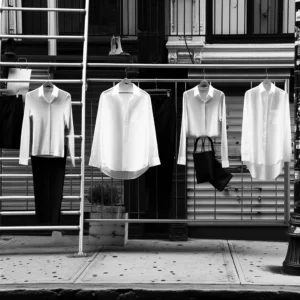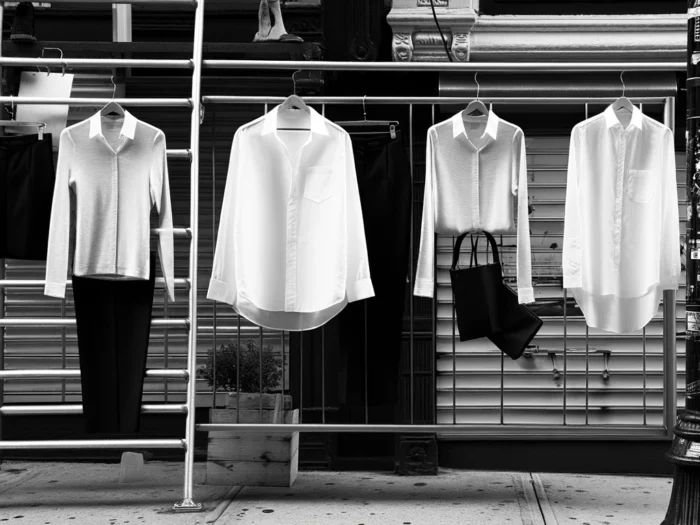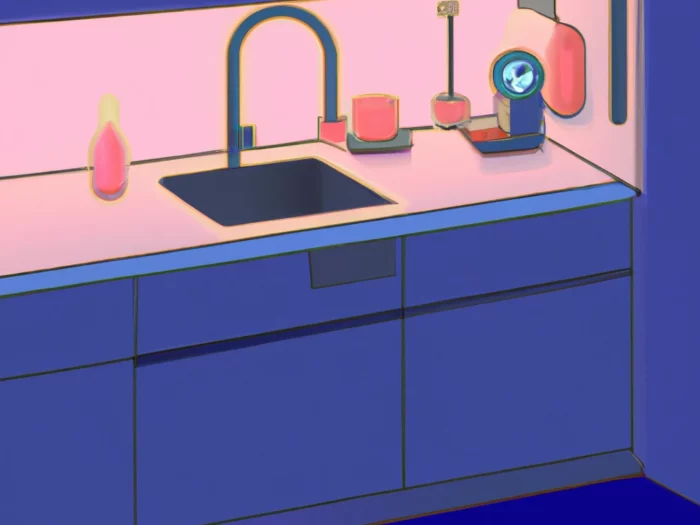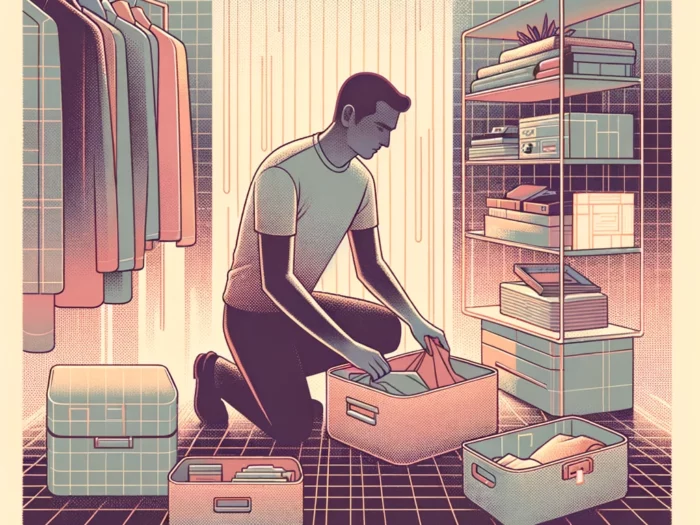
Sometimes I find myself questioning my own sincerity in regard to minimalism. I feel like I don’t quite live up to the label. When I read posts from other minimalists, I know I own more stuff than many of them do. Does that make me a phony? Absolutely not. I’m simply finding peace between the extremes.
After years of soul-searching and starting this blog about minimalism in 2014, I’ve learned that we need to focus on finding peace between the extremes.
What Are The Extremes?
On one side, we have people who are consumers. They rarely, if ever, question their buying habits. They desire bigger houses, faster cars, fancier furnishings, and all the comforts, luxuries, and entertainment that money can buy.
You might know a few of these type. They love to tell you about their latest conquests in the material world. They live to impress through their stuff. They’re willing to work harder to get more. All at the expense of their time and relationships. And they often go into debt to support their lavish wants.
The Other Extreme
The other extreme is complete austerity. These are the people who might count their belongings and try to put a number on how many things they can own.
These folks limit what they keep to absolute bare needs. In the process, they often disregard simple comforts. They lose the ability to be good hosts to others because they don’t have any extras. Their lifestyle might appear a bit odd and even lonely.
I’m not judging any of the people who live at either of these polar extremes. But I do question their lifestyle choices. It seems when we do anything in excess, including living a minimalist lifestyle, we might be compensating for something else. Instead of finding peace, we find dissatisfaction.
I’m not going to second guess what that something else is. I think each individual needs to do that soul searching for themselves. I will suggest that there is a happy medium. It’s found with a little moderation.
3 Advantages To Practicing Minimalism In Moderation
I might have more stuff than some minimalists, but I do make a point to be critical about what I purchase and how much I own. I also give away unneeded items several times a year. I’ve discovered a few advantages to not taking minimalism too far:
- You’ll have what you need when you need it: Along my journey, there have been a few things I wished I’d never given away. We all need a few basic tools. We need a few extra dishes. If you live in a cold climate, you may need more winter clothing, and a few extra blankets. Be careful to not take minimalism so far that you let go of things you need. You’ll just wind up buying them again. Some basic comforts are okay.
- You’ll have a greater ability to help others: I was raised to be a good host to others. I might not have guests at my house every day, but I want to be prepared when I do have guests. A few extras will give you the ability to invite others into your home without feeling cramped.
- You’ll find peace and balance in life: Jesus told the rich man that he’d need to get rid of all his stuff to enter heaven. I don’t think the point was the man’s material belongings. The point was that anything we hold onto too tightly can get in the way of our relationship with God. If minimalism becomes such a focus that it replaces God, Jesus might have a different message for the minimalist.
Minimalism Is About Finding Peace
Minimalism does not have to be extreme. It’s simple. Find what works best for you within some basic parameters:
- Ask before you buy: Do you really need the item or do you already own something that will do?
- Let go of things regularly: Make a point to critically consider what you own. Do you really need everything?
- Ask before you give it away: Are you certain you’ll never need this item again? I think we should be willing to let go of the things we no longer find useful. But if it’s your only hammer, think twice.
- Don’t clutter: Limit the amount of things you keep in any one room, closet, or drawer.
- Watch your time and money: Be intentional about how you spend both time and money.
I encourage you to find a healthy balance as you travel your minimalist journey. Practice finding peace. Be critical of how much you really need. But don’t go so far that you live in complete austerity. I believe that this balance will help you remain more at peace with your decisions in the long run.
If you enjoyed this post, why not read more Hip Diggs’ posts. Check out the archives:












